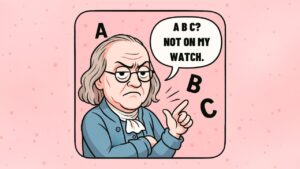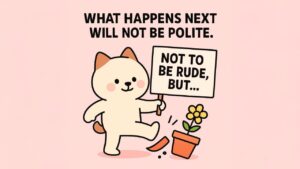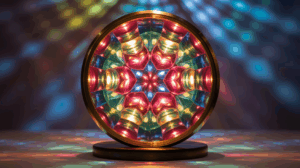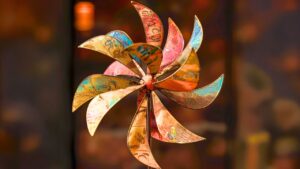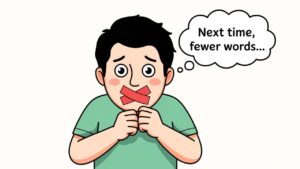Skip to Content
Linguablog
The Latest Scoop
- If You Speak Two Languages, You’ve Probably Done #6
- If You Hate English Spelling, You’ll Love (and Hate) These Alphabets
- The Art of Not Saying What You Mean (But Still Meaning It) — Pragmatics
- 15 Subtle Insults Disguised as Polite Conversation
- What Makes Language a Language?
- 10 Words Everyone Spells Wrong (Even After Googling It)
- Two Kinds of Immersion. Only One Actually Works.
- “Whom” Is Dying — Should We Let It?
- The Roman Gods, Sacrifices & Cows Behind Your Calendar
- 7 Wild Scottish Phrases and What They (Probably) Mean
- He Changed Language Forever—But No One Talks About Him
- Word Origin: Kaleidoscope
- Word Origin: Lagniappe
- Word Origin: Utopia
- 48 History Quotes That Change Your Perspective
- The Word English Gave Up On
- Word Origin: Meme
- Word Origin: Whirligig
- 61 Timeless Quotes for a World That Won’t Wait
- These 7 Words Are Practically Immortal — And You’re Still Using Them
- How To Talk With Aliens – Xenolinguistics
- 49 Romantic Quotes for the Lovers, the Dreamers, and the Chronically Online
- What do Rats Have to Do With Romance?
- 11 Bizarre Food Word Origins You’ll Never Unsee Again
- 41 Marcus Aurelius Quotes That Change Your Perspective
- 15 Reasons Archi Is the Final Boss of Human Language
- 60+ Cities — 1 Wild Story Behind Each Name
- 48 Things Money Tried to Tell Us
- Beautiful. Useless. Forgotten. — This Script Deserved Better
- 10 Traps Killing Your Language Learning Process
- 33 Brilliant Thoughts From a Lazy Author (His Words, Not Ours)
- The DUOLINGO KILLER Has Arrived…(Really?)
- Shift Your Mindset with These 45 Bold Attitude Quotes
- You’ve Been Reading Wrong (According to Half the World)
- 41 Genius Quotes That Show Why Imagination Beats Knowledge
- Why Your Accent Says More About You Than You Think
- 15 Secrets Hiding in the Icelandic Language
- Is Your Language a Lego Builder or a Meaning Melter?
- 47 Maya Angelou Quotes That Will Lift You Higher
- 11 Words Making You Sound Unconfident
- 15 Fun Facts About Georgian That Will Blow Your Mind
- This State is HIDING Something
- Laughable, Lonely, Luggage – What They Share Isn’t Coincidence, It’s Genius
- 15 Fun Facts That Show How Cool Greenlandic Really Is
- 8 Grammar Rules You Were Taught That Are Actually Wrong
- These 5 Polyglot Habits Might Be Why You’re Not Fluent Yet
- Can’t Say ‘Hola,’ Still Wins the Championship
- 45 Space Quotes That Make You Feel Small (in the Best Way)
- 15 Finnish Facts That’ll Make You Say Jääkaappi
- 42 Edgar Allan Poe Quotes That Dance with Madness and Beauty
- Yes, This JUST Happened
- The Strange Weirdness Of Language
- 42 Faith Quotes That Explore Every Side of Belief
- You’ve Heard of Esperanto—Here’s What You Didn’t Know
- 15 New Words Every Word Nerd Will Love
- 49 Flower Quotes Full of Color and Meaning
- What Flowers Used to Say Before We Stopped Listening
- 15 Fun Facts about Tumshuqese
- The First Book Ever Printed – The Diamond Sutra
- 48 Forgiveness Quotes That Will Heal Your Heart


